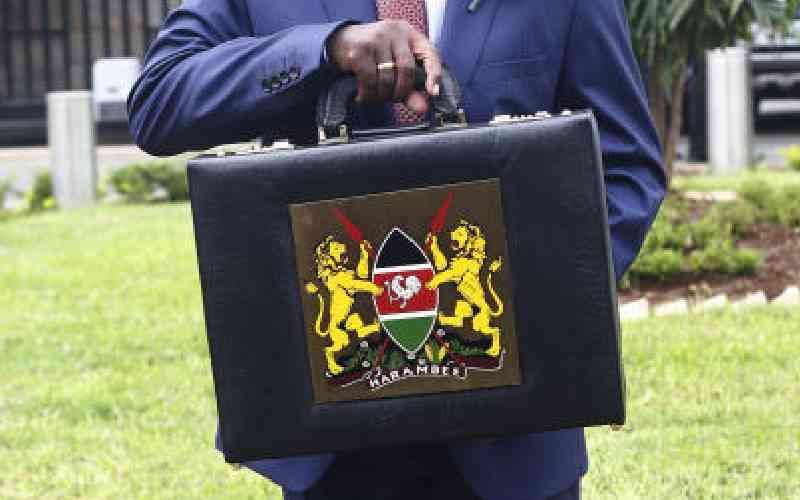×
The Standard e-Paper
Smart Minds Choose Us

Almost two decades ago, when Kenya's economy was averaging seven per cent growth, Njuguna Ndung'u, who was then the Central Bank of Kenya (CBK) governor, reminisces about a question he was asked on the streets.
"Why are we not feeling this economic growth you keep talking about?"